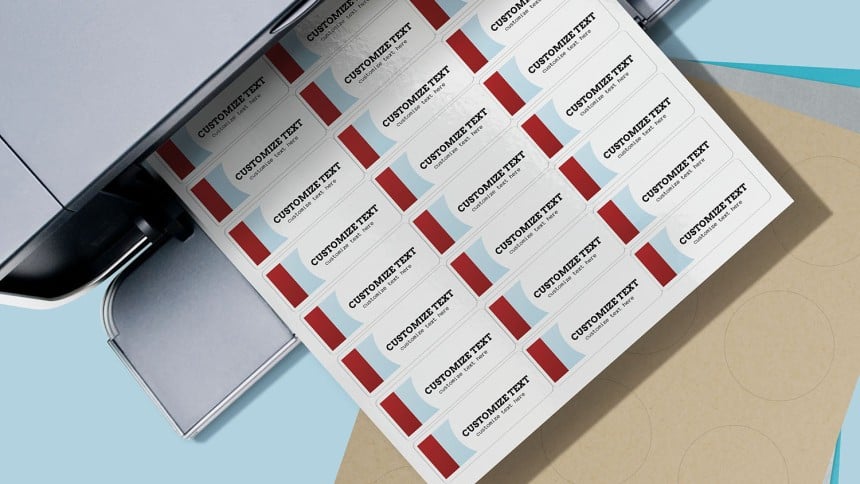Professional Packing for International Relocation: What You Need to Know
![]() Professional Packing for International Relocation: What You Need to Know
Professional Packing for International Relocation: What You Need to Know
Moving internationally involves more than just transportation, it’s the careful relocation of your home, your belongings, and your memories. Whether you’re leaving Morocco for Europe, North America, or the Gulf, or settling into Morocco from abroad, proper packing plays a critical role in ensuring your items arrive safely and in good condition. This guide outlines key principles and best practices for packing when preparing for an international move, based on real-world experience and industry standards.
Why Packing Matters in International Moves
When moving across borders, your belongings will likely travel through multiple hands, vehicles, and climate conditions. This means packing isn’t just about organization, it’s about protection, compliance, and minimizing damage. Poorly packed items are more likely to break, shift, or be flagged during customs inspections. That’s why international relocation requires a strategic approach to materials, handling, and labeling.
Understanding the Challenges of International Pa cking
cking
Here are some common challenges to anticipate:
● Varied shipping environments (sea, air, and road)
● Humidity and temperature exposure
● Customs restrictions and prohibited items
● Handling in multiple countries with different regulations
7 Essential Steps for Packing for an International Move 
1. Conduct a Pre-Move Survey
A pre-move assessment allows for a comprehensive review of your household goods.
Whether done virtually or in person, this step helps determine:
● Inventory volume
● Special packing needs
● Identification of fragile or high-value items
2. Declutter and Organize
Reducing what you move saves cost and space. Sort items by necessity, destination, or mode of travel:
● What to ship by sea vs. air
● What to store or donate
● What to pack separately (essentials bag)
 3. Use the Right Packing Materials
3. Use the Right Packing Materials
Not all materials are created equal, international shipping requires export-grade protection:
● Double-walled boxes for durability
● Foam wrap and shock-absorbing padding for electronics
● Custom wood crates for large or fragile furniture
● Vacuum-sealed plastic for moisture-prone items
4. Disassemble and Protect Furniture
Large items are best disassembled for shipping.
Each component should be:
● Individually wrapped
● Reinforced at vulnerable corners
● Protected for long-term exposure to transit and weather
5. Label Everything Clearly
Clear labeling ensures easy unpacking and reduces the risk of loss. Use:
● Room destination labels
● Fragile warnings
● Inventory codes for tracking
Professional movers may use barcodes to align with customs and insurance documentation.
6. Avoid Prohibited or Restricted Items
Some items are banned or heavily regulated in international shipping. Common examples
include:
● Aerosols and flammable goods
● Medications without prescriptions
● Liquids and perishables
It’s crucial to research both the departure and arrival country’s regulations in advance.

7. Secure Loading and Sealing
Once packed, your goods are loaded with attention to:
● Weight distribution
● Stability of fragile items
● Documentation for customs and transport Secure sealing of the container ensures nothing is tampered with during the journey.
Special Considerations for Valuable Furniture and Equipment
Certain items need custom protection during an international move, such as:
● Antique woodwork
● Modular kitchens
● Entertainment systems and home tech
● Designer furniture
These should be crated and cushioned using custom techniques that match the value and fragility of each piece.
 Common Mistakes to Avoid
Common Mistakes to Avoid
Many first-time international movers make preventable errors, such as:
● Using local movers without global experience
● Skipping insurance or documentation
● Underestimating customs delays or rule
Working with experts can mitigate these risks and save time, money, and frustration.
Packing and Relocation Routes Involving Morocco
Whether moving out of or into Morocco, preparation remains key. Some of the most common routes include:
● From Morocco to France, Spain, UAE, Canada, and the UK
● To Morocco from Germany, the US, Saudi Arabia, and Belgium
Each route has different customs processes, timelines, and packing requirements
At Ocean Bridge, we specialize in turning complex international relocations into seamless transitions. Whether you’re moving from Morocco to another country or the other way around, our experienced team is here to help every step of the way.
Ready to move abroad with confidence? Contact us.
